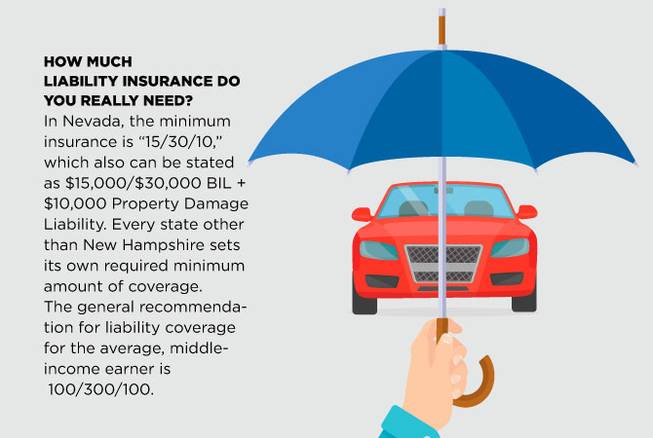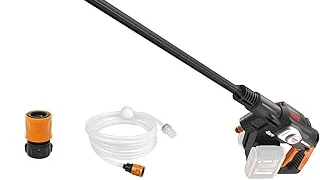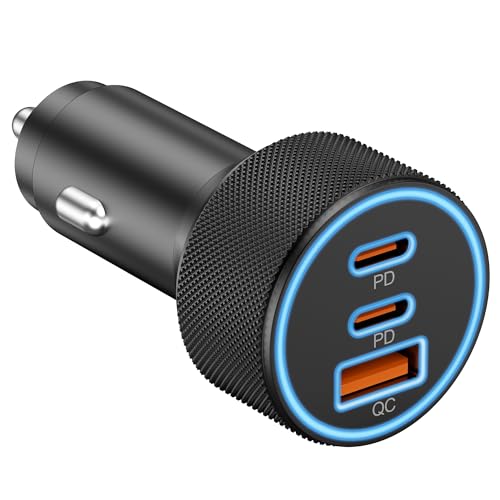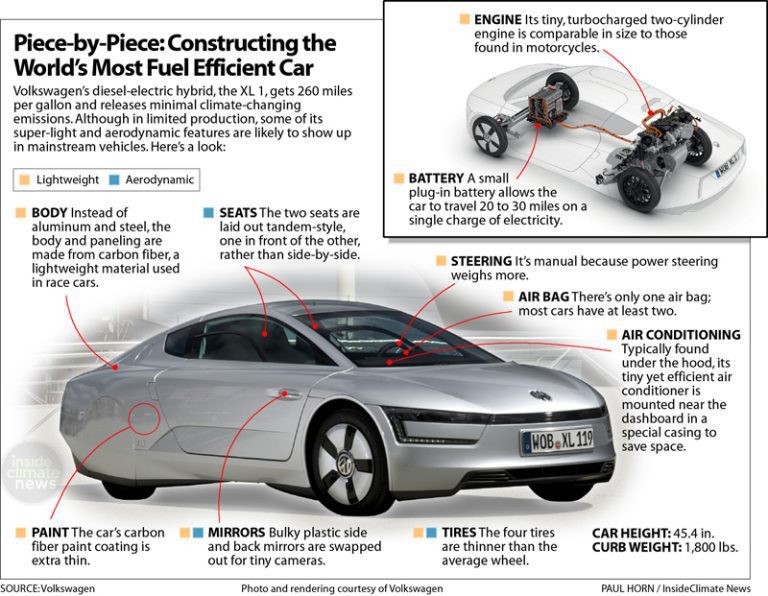What is the Minimum Car Insurance: Essential Coverage Explained
What is the Minimum Car Insurance? It’s the least coverage required by law.
This varies by location and ensures basic protection. Understanding minimum car insurance is crucial. It helps you stay legal on the road. Each state or country has different rules. Knowing these can save you from fines and penalties. This guide will explore what minimum car insurance means.
We’ll look at why it’s important and what it typically includes. With this knowledge, you can make informed decisions about your coverage. Let’s dive in and learn more about the essentials of minimum car insurance.
Introduction To Minimum Car Insurance
Car insurance protects you in case of an accident. Minimum car insurance is the least amount of coverage required by law. It helps pay for damage or injuries. Without it, you might have to pay a lot of money.
Car insurance is important for several reasons. First, it helps cover repair costs if your car is damaged. Second, it pays for medical expenses if someone is hurt. Third, it protects you from legal trouble. Many places require you to have insurance. It’s a safety net for you and others on the road.
Different places have different laws about car insurance. Most places require liability coverage. This covers damage or injuries you cause. Some places might need more coverage. Check your local laws to know what you need. Always have at least the minimum required coverage.
Types Of Minimum Coverage
Liability coverage is important. It pays for damages and injuries. You cause them to others. It includes two parts. Bodily injury liability covers medical bills. Property damage liability covers repairs. States have different requirements. Check your state’s rules. You must have this coverage. It’s the law.
Personal injury protection is also known as PIP. It covers your medical expenses. It also covers lost wages. PIP is useful after an accident. It pays no matter who is at fault. Some states require PIP. Others do not. Review your state’s rules. It gives peace of mind. You are protected in an accident.
Liability Coverage Details
Bodily injury liability covers costs if you hurt someone in a car accident. This includes medical bills. It also includes lost wages. The injured person can get compensated. This type of insurance is very important. Without it, you could be in big trouble. It keeps you safe from large bills. It is a must-have for all drivers.
Property damage liability pays for repairs if you damage someone else’s property. This could be their car. It could also be a fence or a building. Without this coverage, you pay out of pocket. It protects your finances. It is also required by law in many places. Always make sure you have enough coverage. It is vital for peace of mind.

Credit: www.pandalawfirm.com
Personal Injury Protection Explained
Personal Injury Protection, or PIP, covers medical expenses after a car accident. This can include hospital bills, surgery costs, and doctor visits. It helps pay for medications and rehabilitation too. Even dental work can be covered if needed.
PIP also helps with lost wages. If you can’t work because of injuries, PIP provides income. This can be a big help for paying bills. It ensures you have money while you heal. PIP can make a tough time easier.
State-by-state Minimum Requirements
Each state has its own rules for minimum car insurance. Some states require more coverage. Others need less. Liability coverage is always a must. This covers damages to others if you cause an accident.
| State | Minimum Coverage |
|---|---|
| California | $15,000 per person for injury, $30,000 per accident, $5,000 for property damage |
| Texas | $30,000 per person for injury, $60,000 per accident, $25,000 for property damage |
| Florida | $10,000 personal injury protection, $10,000 property damage |
| New York | $25,000 per person for injury, $50,000 per accident, $10,000 for property damage |

Credit: howmuch.net
Factors Affecting Minimum Coverage
Minimum car insurance varies based on state laws, vehicle type, and driver history. Different states have different minimum coverage requirements. Factors like the car’s age and value also play a role.
Driving Record
Your driving record plays a big role in your insurance. A clean record means lower costs. Accidents and tickets make it higher. Insurers see you as a risk if you have many violations. This affects the minimum coverage you need. Safe drivers often pay less. Keeping a clean record helps save money.
Vehicle Type
The type of vehicle you drive also matters. Expensive cars need more coverage. Cheaper cars might need less. Sports cars often cost more to insure. Family cars are usually cheaper. The age of the car affects this too. Older cars might need only basic coverage. New cars often need full coverage. Your vehicle type changes your insurance needs.
Benefits Of Having Minimum Coverage
Minimum coverage helps with accident costs. It covers damage you cause to others. It can also cover legal fees. This helps with sudden expenses. It keeps your savings safe.
Most states need minimum car insurance. It is the law. You must have it to drive legally. Without it, you risk fines and penalties. You could even lose your license.
Risks Of Only Having Minimum Coverage
Minimum car insurance might not cover all expenses. Accidents can cause damage beyond the policy limit. Medical bills can be high. Repairs can be costly. Minimum coverage often does not include theft or vandalism. This leaves you at risk.
If you have minimum coverage, you might pay more yourself. Uncovered damages will come from your pocket. This can be a big problem. Legal fees can also be expensive if you are sued. Higher limits can offer better protection. It is safer to have more coverage.
Choosing The Right Coverage
Understand your driving habits and vehicle value. Consider how often you drive. Think about the age and condition of your car. Assess potential risks you might face. Look at your budget for insurance. Make sure you have enough coverage. But avoid paying too much. Balance is key.
Talk to an insurance agent. They know the best options. Ask questions about different plans. Understand the benefits of each plan. Agents can explain complex terms. They help find the right coverage. Trust their expertise. They will guide you. Make sure to compare quotes. Choose wisely.

Credit: bblawgroupllp.com
Frequently Asked Questions
What Is The Lowest Level Of Car Insurance?
The lowest level of car insurance is liability coverage. It covers costs if you cause damage or injury to others.
What Is The Legal Minimum Car Insurance?
The legal minimum car insurance is liability coverage. It includes bodily injury and property damage protection. This insurance helps cover costs if you cause an accident.
Is $200 A Month For Car Insurance Bad?
$200 a month for car insurance is average. Rates vary based on location, age, and driving history. Compare quotes for the best deal.
What Is The Minimum Term For Car Insurance?
The minimum term for car insurance is typically six months. Some providers offer monthly policies. Always check with your insurer.
Conclusion
Understanding the minimum car insurance requirements is crucial. It protects you and others. Not having it can lead to serious consequences. Always check your local laws. Make sure you meet the minimum coverage. This keeps you legally safe on the road.
Compare different options to get the best deal. Stay informed and drive with confidence. Your safety and peace of mind are worth it.







